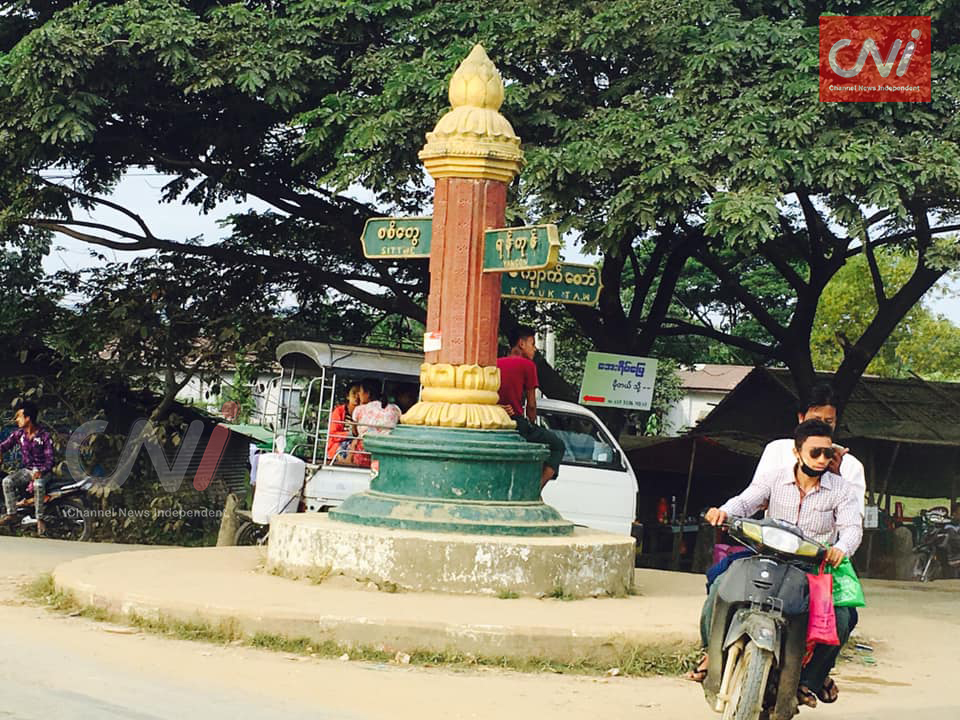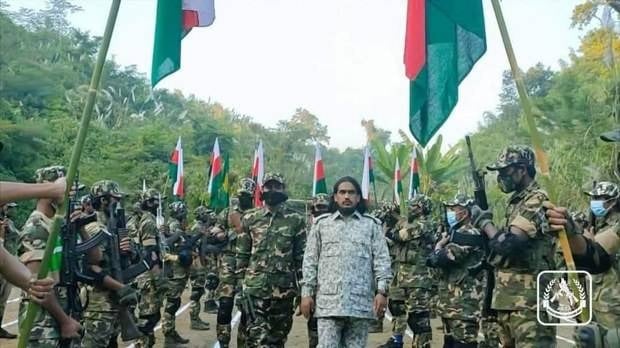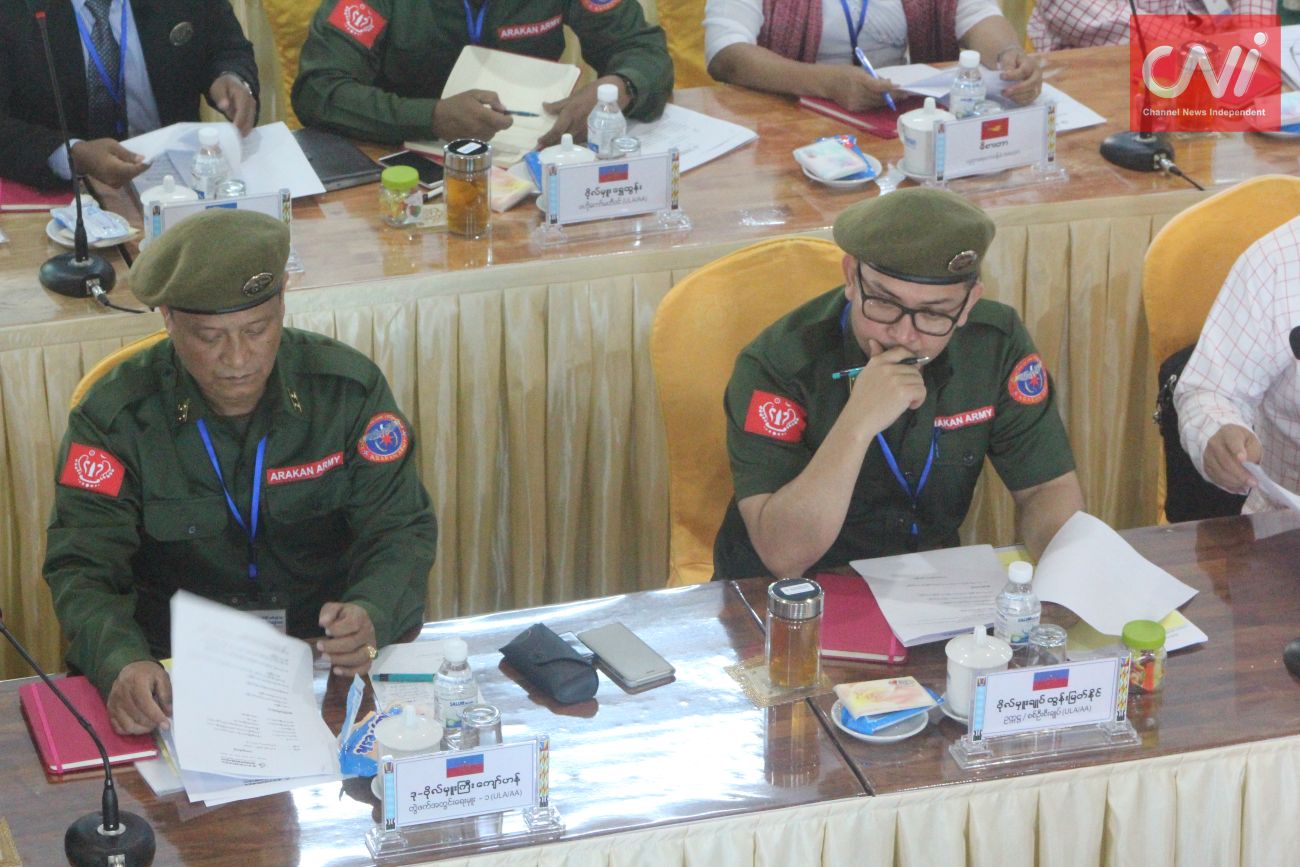CNI News
31 October 2025
If the Arakan Army (AA) makes any mistakes or takes a wrong turn in its governance and territorial control efforts in northern Rakhine State, it will not be able to contain the growing strength of the Arakan Rohingya Salvation Army (ARSA), said U Thein Tun Oo, Executive Director of the Thayninga Institute for Strategic Studies, in an interview with CNI News.
He said, “How many people does ARSA actually have on the ground? What are their objectives? How far do they intend to go? When the AA gains control over territory, will it truly be able to govern effectively? These are issues that must be carefully analyzed based on available data. If the AA’s operations go in the wrong direction or if any mistakes occur, I don’t think they will be able to stop ARSA’s growing influence — that’s quite clear. When numerous conflicts occur on the ground but there is no well-structured mechanism to resolve them, major problems will inevitably follow. Especially, if things continue this way, even the AA itself could eventually face difficulties living and operating in those areas under increasingly tense conditions,” he said.

A junction in Rakhine State
Currently, in the northern Rakhine towns under AA control — Maungdaw, Buthidaung, and Rathedaung — attacks by the Muslim armed group ARSA have expanded significantly throughout 2025.
Between May and October 2025, around 50 civilians were killed in shootings and executions carried out by ARSA, according to local Rakhine authorities.
Military and political analysts report that ARSA’s activities in Rakhine State have increased compared to previous years and that the group primarily targets civilians.
According to U Myo Kyaw from the United Nationalities Alliance (UNA), ARSA’s growing strength could put serious pressure on Rakhine’s political landscape, as it draws support and resources from extremist sympathizers around the world.

ARSA troops
He said, “The influence on Rakhine politics from groups like ARSA and ARSO doesn’t come solely from inside Myanmar. Behind them are global networks of extremist elements — people who are driven by religious extremism and territorial ambitions. If such forces become involved, it could create immense pressure on Rakhine’s politics. However, both the Rakhine people and the Muslims living in Rakhine must work together to present the true situation and historical background to the international community, especially to the United Nations and other world nations. The world is not unaware of what’s happening — but sometimes, due to geopolitical interests or strategic needs, powerful countries portray situations in a certain way. Small nations like ours must be careful not to become mere pawns in the global geopolitical chessboard,” he said.
Analysts also suggest that ARSA and ARSO have been receiving significant support from the Bangladesh Border Guard (BGB) and are infiltrating Rakhine’s Maungdaw District via the Naf River and Mayu Mountain Range routes.
At present, the AA has announced that it is conducting clearance operations against ARSA and ARSO forces in northern Rakhine State.




